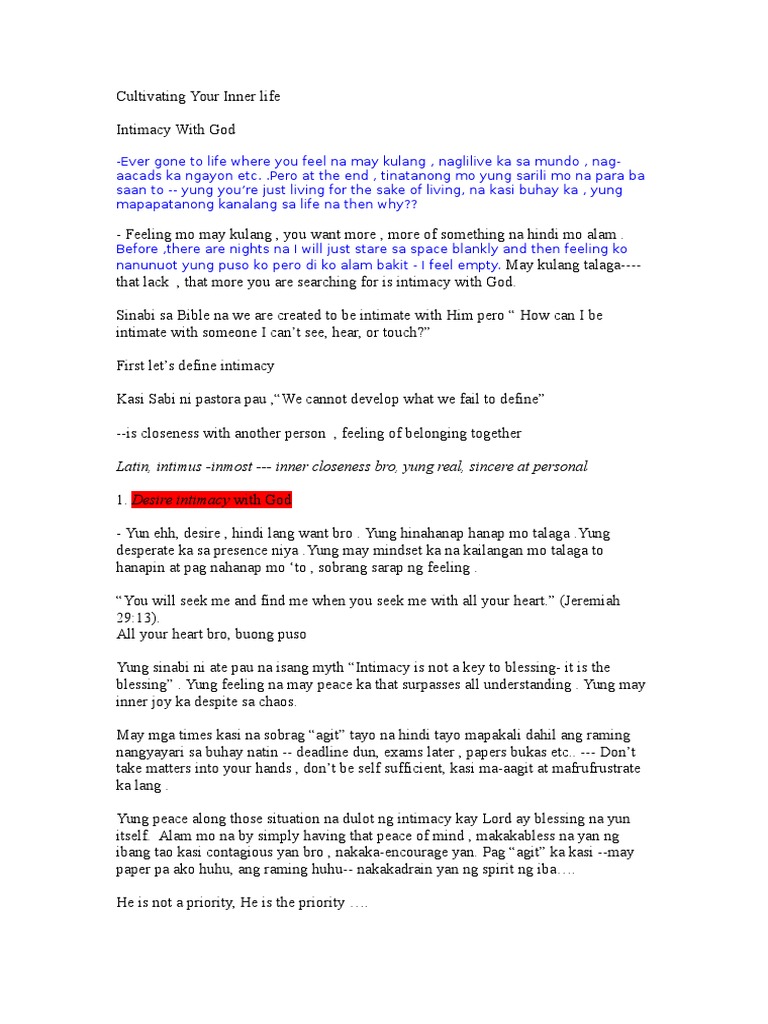The cultivation of one’s inner life is a profound endeavor, deeply rooted in the teachings of the Bahá’í Faith. This journey toward self-discovery and personal growth resonates with individuals across diverse backgrounds, offering insights that illuminate the intricate tapestry of human experience. Through a careful examination of the Bahá’í principles, we unveil a guiding framework that nurtures the fertile gardens within, fostering spiritual and moral attributes essential for the betterment of both self and society.
Understanding the Inner Landscape
At the heart of Bahá’í teachings lies the concept of the inner self, often regarded as a complex landscape requiring conscientious tending. The acknowledgment of one’s spiritual identity is paramount; it serves as the foundation upon which all personal development is built. The inner landscape, rich with potential, necessitates acknowledgment of inherent virtues such as love, compassion, and justice. By recognizing these attributes as central to our being, we cultivate an awareness that extends beyond mere observation, urging active engagement in the enhancement of our inner lives.
The Role of Reflection
Integral to the cultivation of the inner garden is the practice of reflection. The Bahá’í writings espouse the necessity of self-examination, prompting individuals to delve into their thoughts and actions critically. This reflective practice, akin to tilling the soil, allows for the identification of both weeds and seeds within the psyche. By confronting personal weaknesses and recognizing areas ripe for growth, one can initiate the transformative process that propels them towards a more authentic existence.
Cultivating Virtues
A pivotal aspect of nurturing the inner life is the cultivation of virtues. In the Bahá’í framework, virtues are viewed as essential tools for personal and communal development. Attributes such as patience, kindness, and humility serve not only as markers of spiritual maturity but also as catalysts for societal harmony. The deliberate cultivation of these virtues engenders an environment of trust and respect, fostering a sense of unity that transcends individual differences.
Furthermore, engaging in daily acts of kindness can serve as both a personal balm and a seeking of social equity. Each encounter holds the potential for infusing the world with positivity. This is reflected in the Bahá’í emphasis on service as a vehicle for personal transformation, encouraging individuals to embody the virtues they aspire to cultivate.
Engaging with Knowledge
Knowledge, as presented in Bahá’í teachings, emerges as a vital ingredient in the holistic development of the inner life. The pursuit of knowledge is not merely an academic endeavor; it is a sacred responsibility that fosters spiritual enlightenment. By immersing oneself in the study of Bahá’í texts, and engaging with diverse fields of inquiry, individuals enrich their understanding of the world and their place within it. This intellectual engagement cultivates a fertile ground for wisdom, enabling the individual to navigate the complexities of life with greater insight and clarity.
Moreover, the integration of knowledge into daily life enhances one’s ability to contribute meaningfully to society. The infusion of informed perspectives into communal discussions helps to elevate collective consciousness, fostering a culture of dialogue and understanding.
The Practice of Prayer and Meditation
Prayer and meditation are cornerstones of the Bahá’í approach to cultivating the inner life. These practices serve as a conduit for connection with the Divine, facilitating a deepened understanding of one’s purpose and direction. Daily prayer invites reflection, allowing individuals to articulate their aspirations, seek guidance, and cultivate gratitude. Through prayer, the soul becomes attuned to higher realities, revealing pathways toward personal and spiritual fulfillment.
Additionally, meditation fosters tranquility and clarity of thought, providing a sanctuary amidst the tumult of daily life. Engaging in meditation, one learns to observe thoughts without attachment, facilitating a deeper connection to the inner self—a vital aspect of the inner garden’s cultivation.
Community as an Extension of the Inner Life
The Bahá’í teachings underscore the interconnectedness of individual and community well-being. The cultivation of personal virtues and spiritual qualities reverberates throughout the community. Consequently, the Bahá’í Faith places great emphasis on the significance of community engagement and collective action. By participating in community-building endeavors, individuals not only contribute to the welfare of others but also enhance their own spiritual growth. This symbiotic relationship fosters a sense of belonging and purpose, illuminating the path toward a more unified society.
Transforming Challenges into Opportunities
Life is replete with challenges, yet within these trials lie opportunities for growth and enlightenment. The Bahá’í perspective encourages the individual to view obstacles as necessary components of the spiritual journey. By embracing difficulties with resilience and fortitude, one cultivates the inner strength required to navigate the vicissitudes of life. This transformation enhances patience and perseverance, embodying the essence of spiritual maturity.
The Blossoming of the Inner Self
As the inner garden thrives through reflection, virtue cultivation, the pursuit of knowledge, and community engagement, the individual begins to experience a blossoming of the inner self. This blossoming manifests not only as personal fulfillment but as a commitment to the service of humanity. The Bahá’í teachings impel individuals to recognize their potential as agents of change, capable of contributing positively to society. Ultimately, the cultivation of the fertile gardens of our inner life reflects a broader vision of a world united in diversity and harmony.
In summary, nurturing the inner life according to Bahá’í principles is an odyssey that requires dedication and purpose. By embracing the tools provided through this spiritual framework, individuals can cultivate a profound sense of inner peace, resilience, and connection, contributing to a brighter future for all. The fertile gardens of our inner life beckon us toward a transformative journey, becoming beacons of light in an often tumultuous world.
